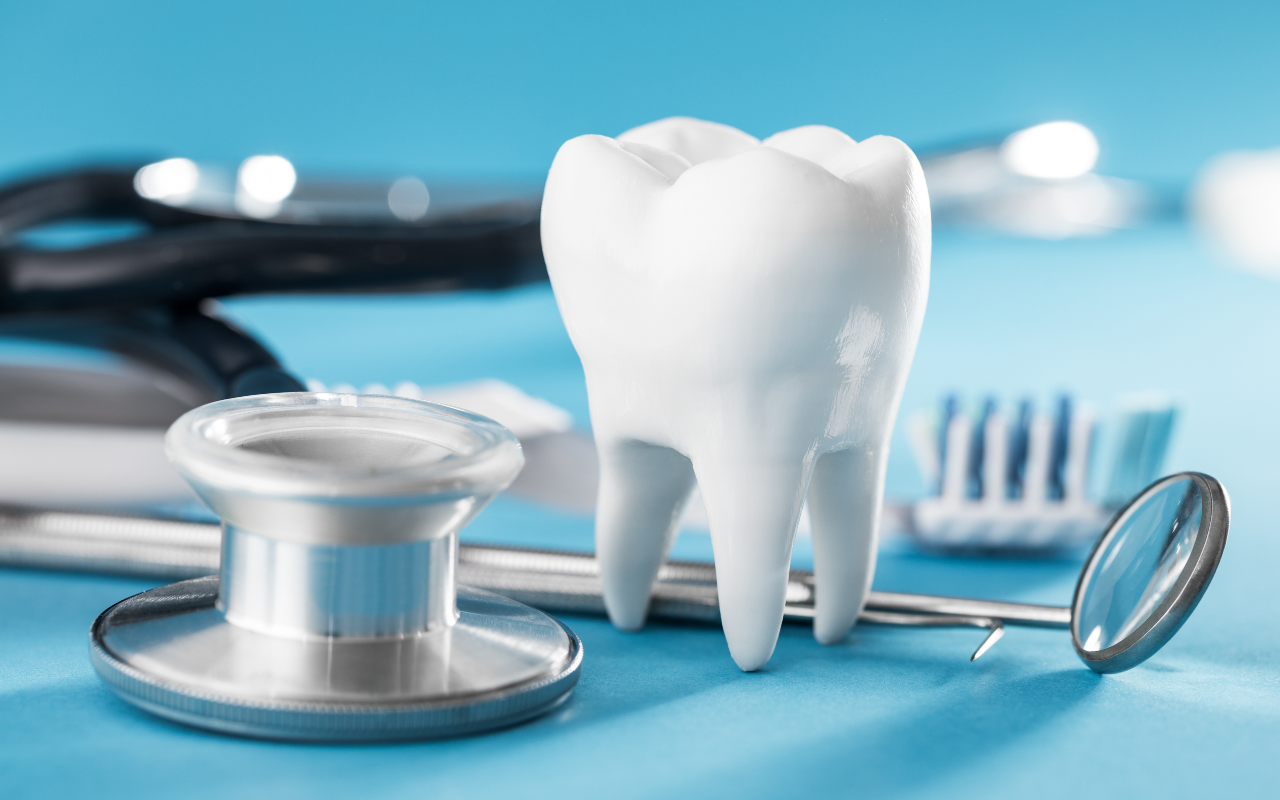An interim report into the state of Australia’s dental health has been tabled in the Senate, renewing calls for the inclusion of dental care in Medicare.
The Select Committee into the Provision and Access to Dental Services interim report has shown widespread support from experts and the community for broadening Medicare to include more dental and oral health care subsidies.
Oral and dental health in Australia have improved over the past 25–30 years, especially with the addition of fluoride to drinking water.
However, the Australian Government dental health statistics indicate there are still significant problems.
Poor oral health costs Australia’s health care system significantly.
There are an estimated 750 000 general practitioner consultations each year for dental problems, which costs taxpayers up to $30 million per year.
Dental and oral health problems also affect the hospital system, with Australian Institute of Health and Welfare (AIHW) estimating that, in 2020–21, there were about 83 000 hospitalisations for preventable dental conditions.
Dental disease and oral health problems disproportionately affect those on low incomes, Aboriginal and Torres Strait Islanders peoples, people in rural and remote areas, prisoners, disabled people, and those with specialised health care needs.

The key proposals
The committee received and published 62 submissions from relevant organisations and individuals in the creation of the report, as well as providing an online survey for the general public to share their experiences.
The survey received over 17 000 responses, making it the largest committee survey response in the Parliament’s history.
The interim report outlines a number of preliminary proposals based on the expert submissions received so far.
These include:
- integrating essential oral health care and preventive care into existing health assessment and care settings;
- expanding the scope of public subsidies under Medicare for dental and oral health care, using the current Child Dental Benefits Schedule as a model;
- implementing an Australian Senior Dental Benefits Scheme;
- introducing national administrative reforms, including establishing a Chief Dental Officer to coordinate a national approach;
- improving national data and evaluation;
- addressing the disparity of dental care between metropolitan, rural, regional and remote areas;
- implementing education, training and workforce initiatives;
- increasing funding for state-run public dental services and addressing the low proportion of dentists working in public practice; and
- introducing initiatives to ensure services reach priority populations, in particular aged and disabled people, prisoners, and Indigenous Australians.
The committee intends to explore further issues and proposals before submitting their final report in November 2020.
Dental body welcomes report
The Australian Dental Association (ADA) welcomed the release of the interim report.
“We’re delighted to see the Senate Committee recognises the need for system-wide reform,” said the ADA’s Deputy CEO Eithne Irving.
“It is long overdue that the government took decisive steps to resolve the appalling oral health of millions of Australians.”
The ADA made their own submission to the inquiry in May 2023, in which they outlined their blueprint for the Australian Dental Health Plan.
“The ADA’s Plan, which includes the proposal for a Senior Dental Benefits Scheme that has the support of not only the Royal Commission into Aged Care but also many aged care groups, provides a targeted path to increasing access to dental care,“ Ms Irving said.
The ADA believes that the legislative framework under the Dental Benefits Act 2008, which is already in place for the Child Dental Benefits Schedule, could be used to establish similar schemes such as the Senior Dental Benefits Scheme without needing to revise the Medicare legislation.
“The Child Dental Benefits Schedule already operates as if it was running under Medicare but the legislation that allows it to operate is much easier to amend and expand for introducing new schemes. Government doesn’t need to wait — it could act now.”
Resounding community support
Committee chair and Greens Senator Jordan Steele-John believes the overwhelming community response to the committee’s survey reflects the urgent need for dental health reform.
“The survey results show that 98% of the community supports the notion of expanding free dental care services,” said Senator Steele-John in a statement.
“The resounding message from the community is that a significant proportion of individuals only seek dental treatment in emergency situations.
“Escalating cost of living pressures are increasingly causing people to delay dental visits.
“Investing in prevention and broadening the scope of Medicare to encompass dental care has widespread support from the Australian community and advocacy and health care organisations.
“The time has come for the government to transform this vision into reality.”
The Department of Health was contacted for comment but did not respond by deadline.
Subscribe to the free InSight+ weekly newsletter here. It is available to all readers, not just registered medical practitioners.

 more_vert
more_vert
Make land a non-commodity. Make credit creation a govt privilege. Then you’ll not need socialist dentistry..and everybody will benefit.
it is an absolute necessity. Adults of all ages are suffering inordinately from periodontic acute and chronic pain and advanced problems and being ripped of by specialists. I for one suffered this way until i found a wonderful Australian general local dentist who turned me around with simple cleaning methods. i was on the point of desperation having been ripped of shockingly.
This is a welcome move and dental reform is urgently needed. But those with long memories will recall that it was the ADA who prevented dentistry and oral health from being included in the first iterations of Medicare. Quite a turn around now. But will dentists ever ‘bulk bill’? The Greens suggesting that there will be ‘free dental care services’ will fly in the face of the reality of dental business practices, which like general practice is now overflowing with large corporate practices and income/profit expectations to match.